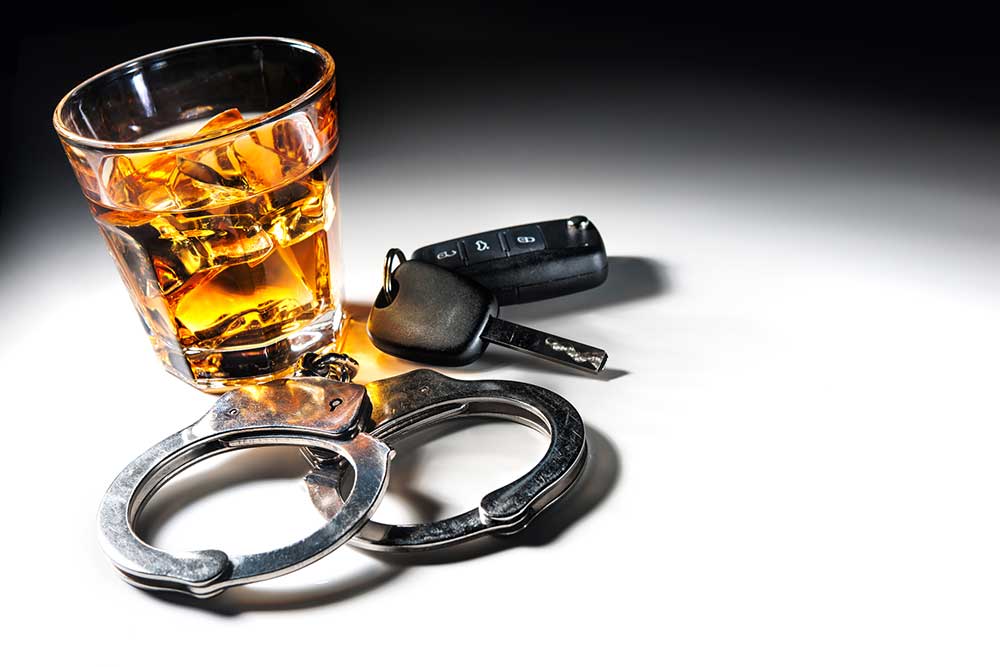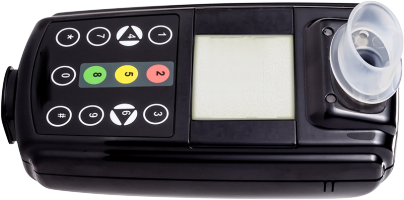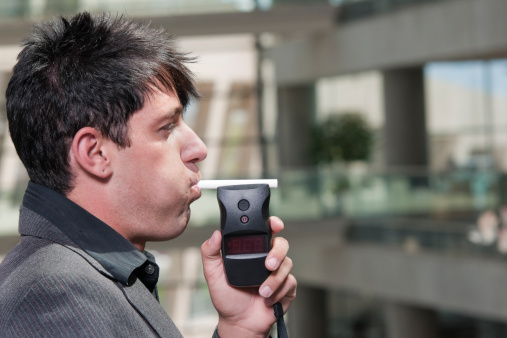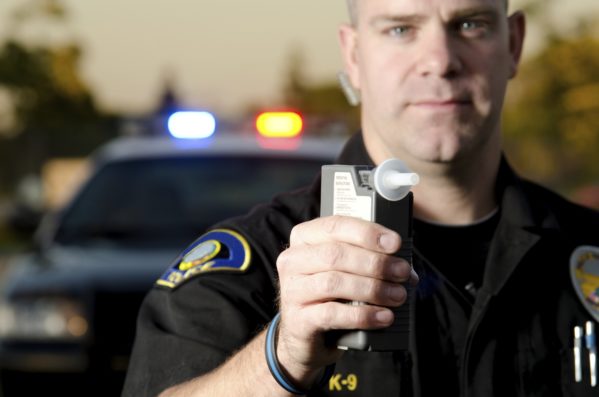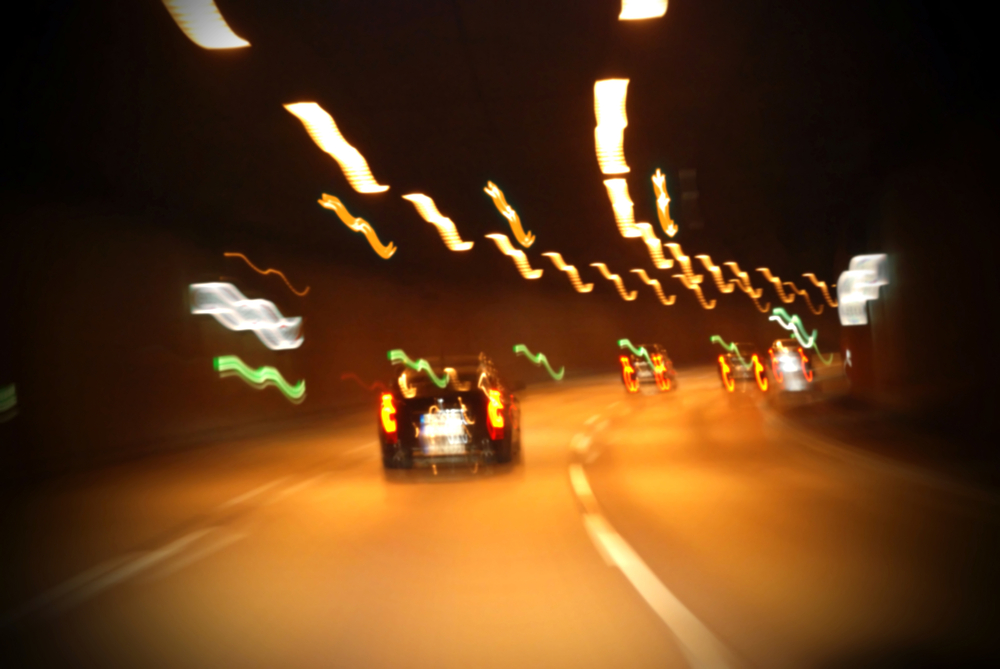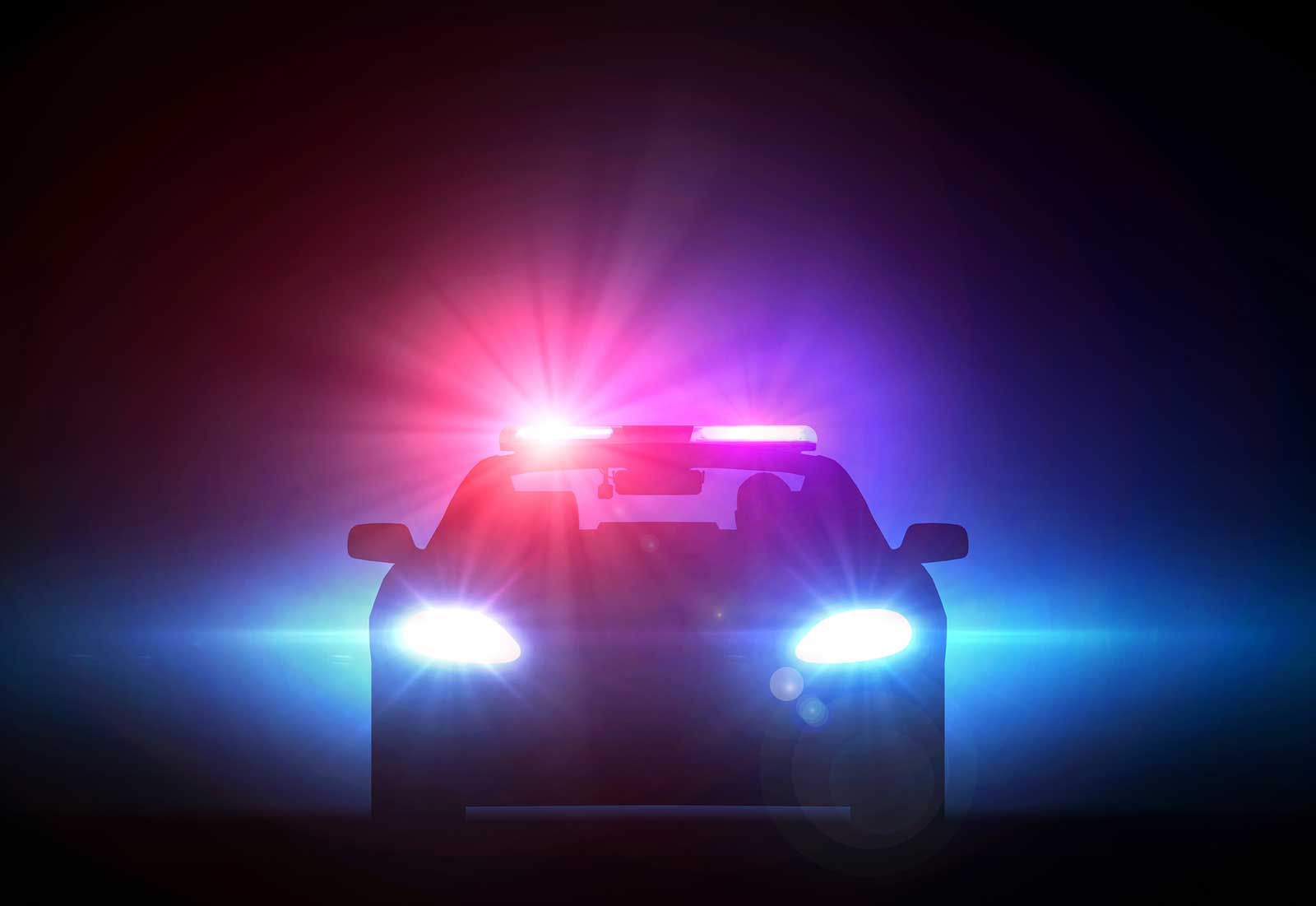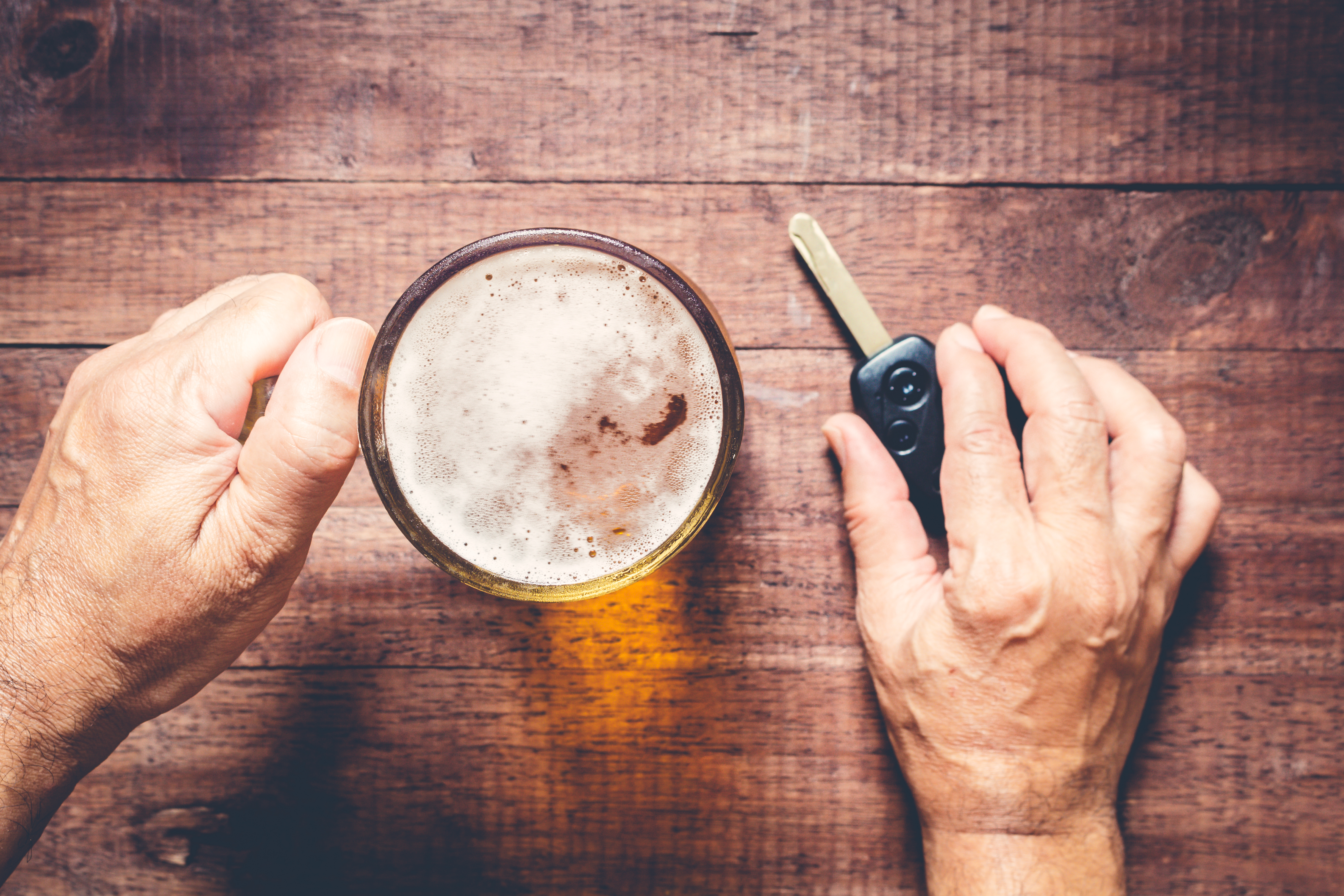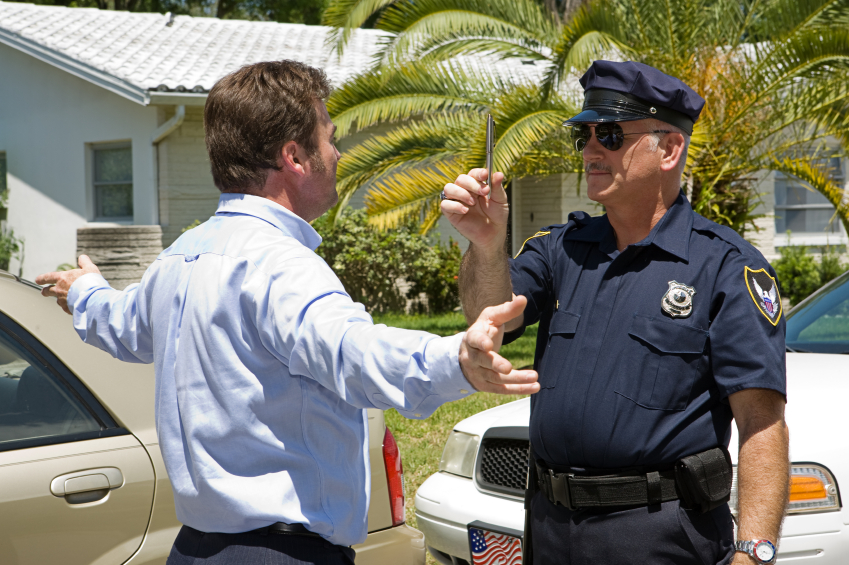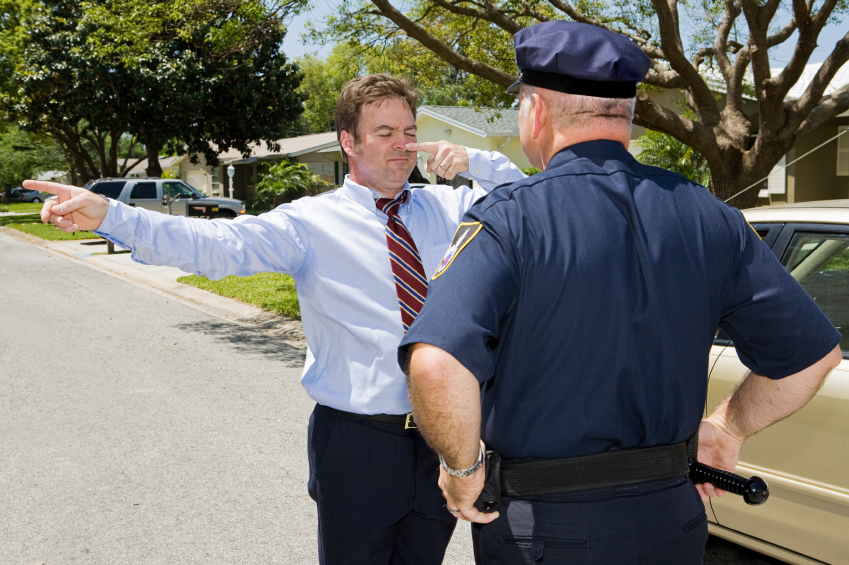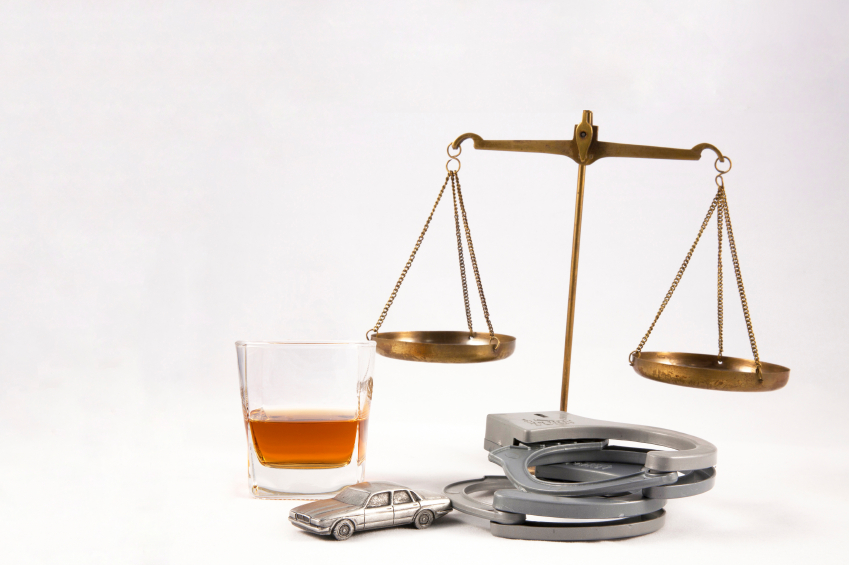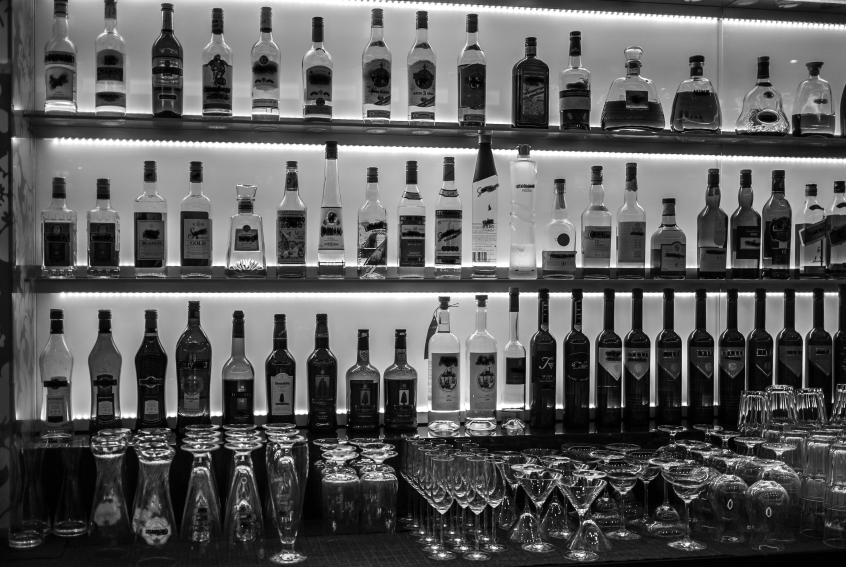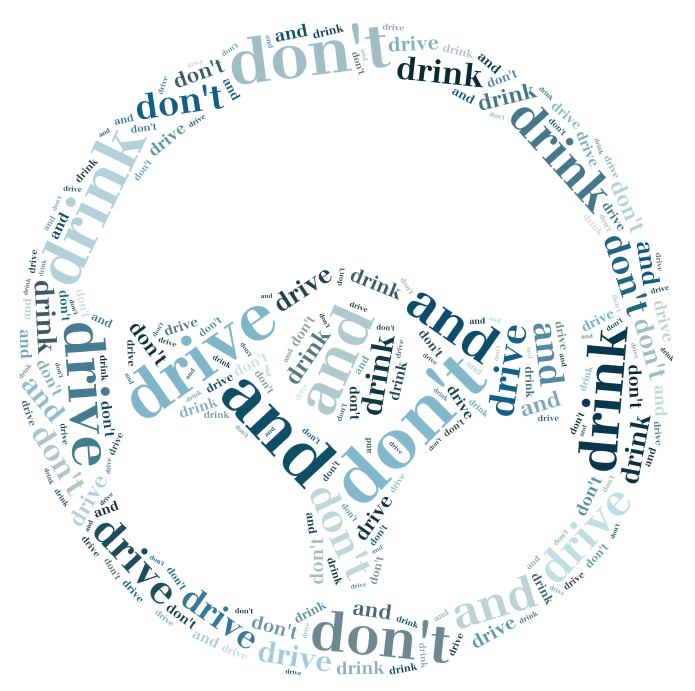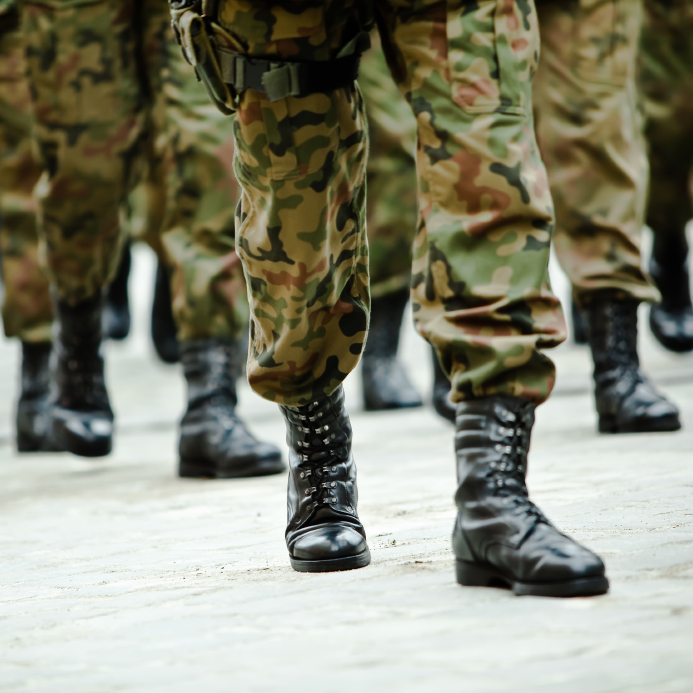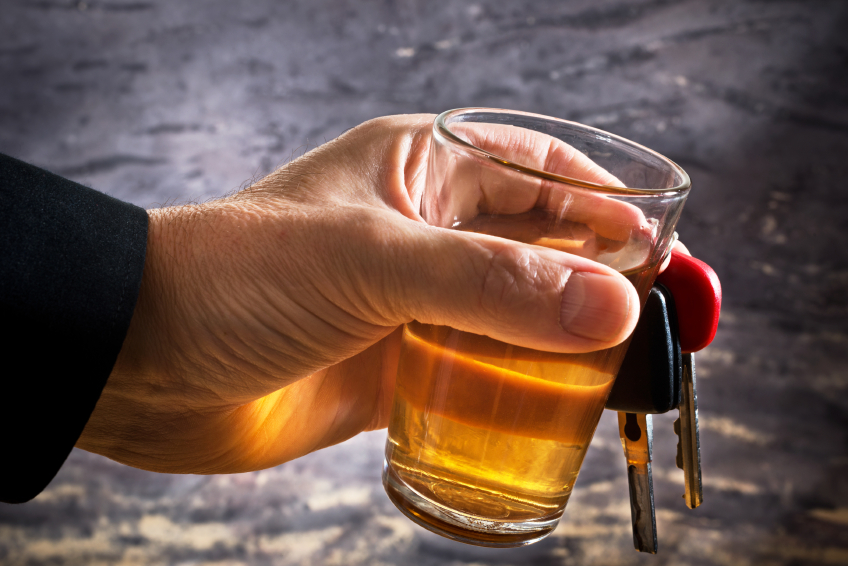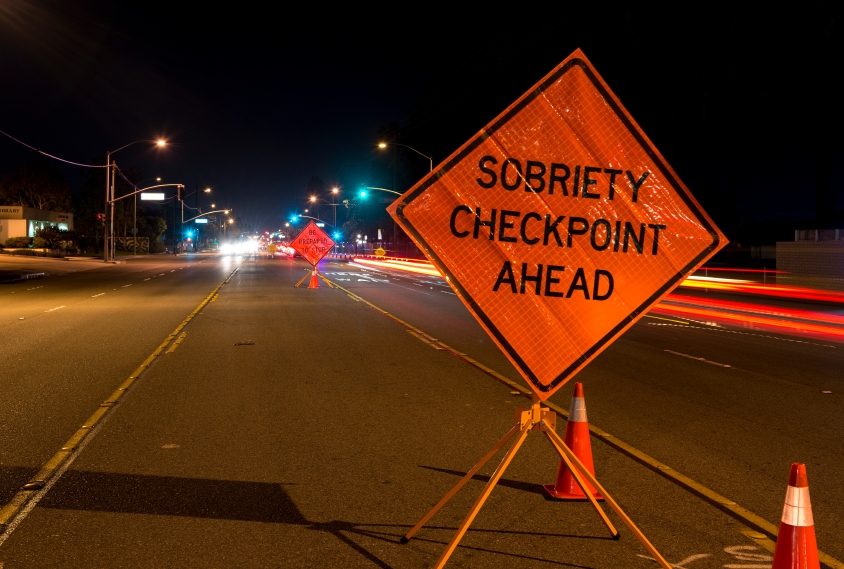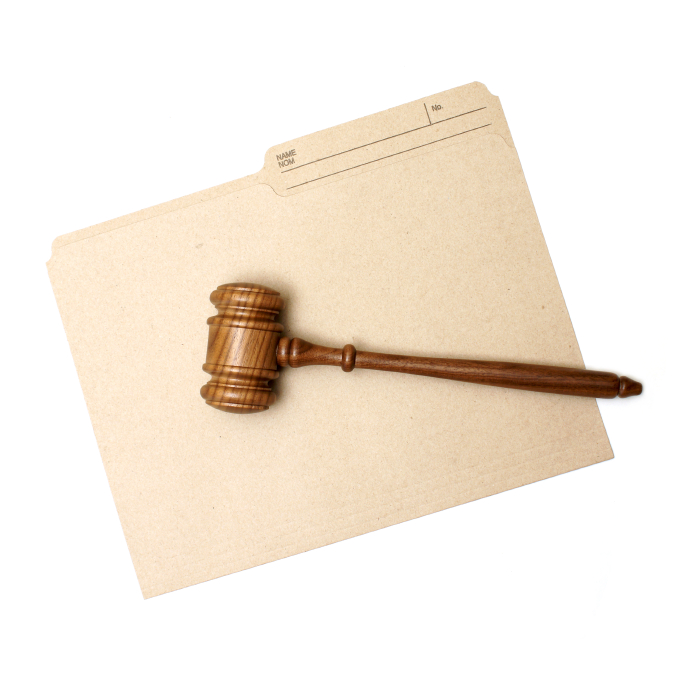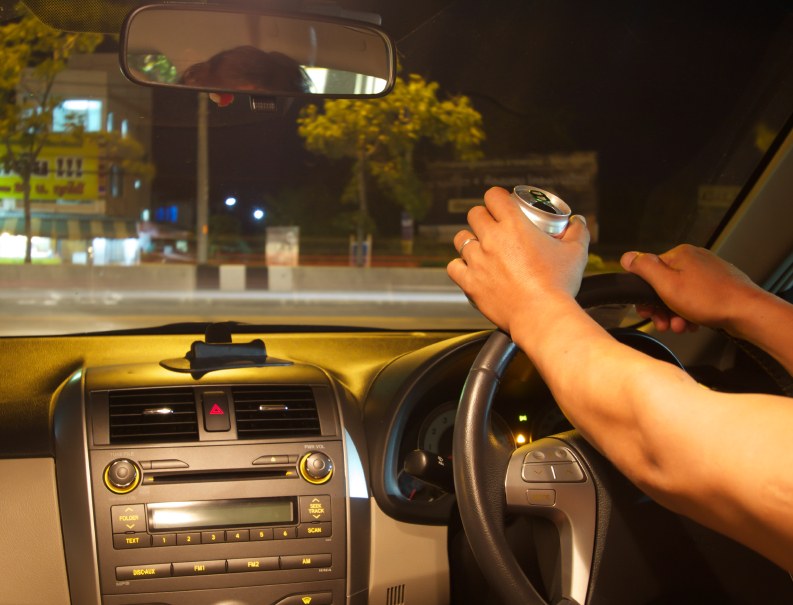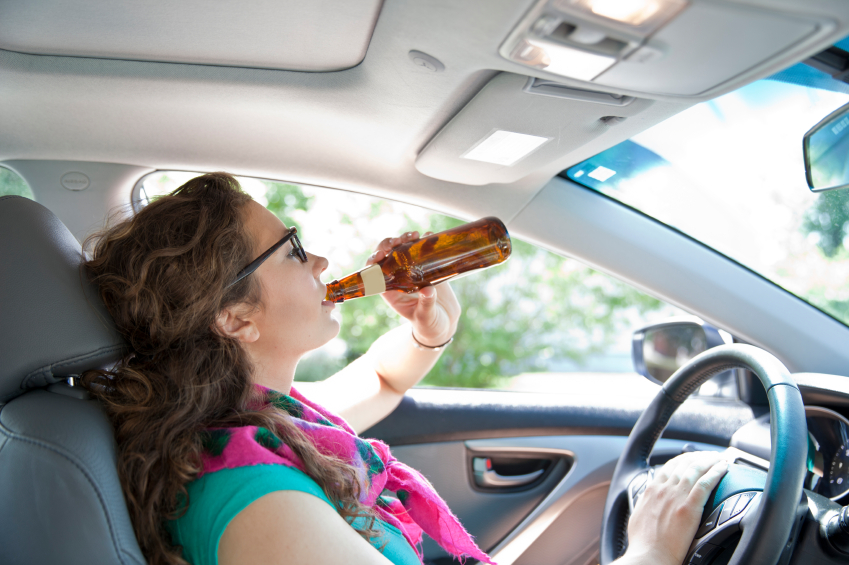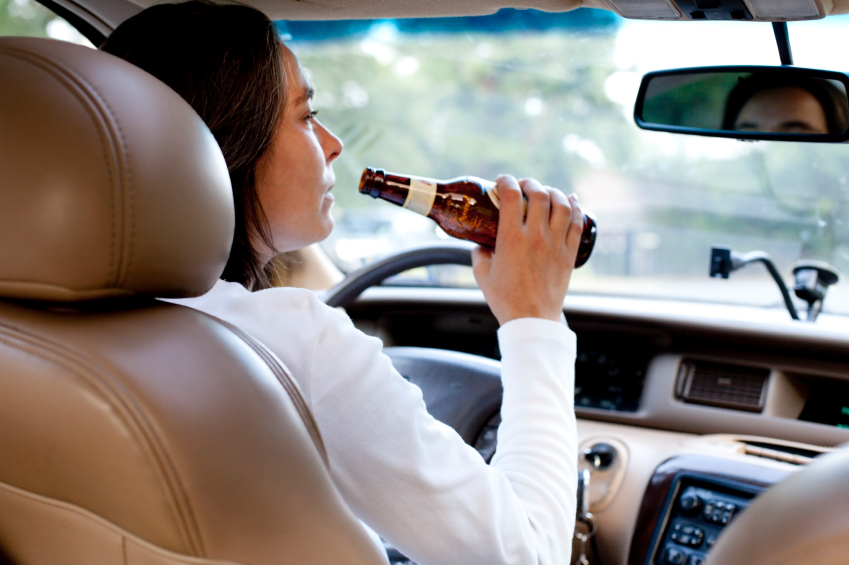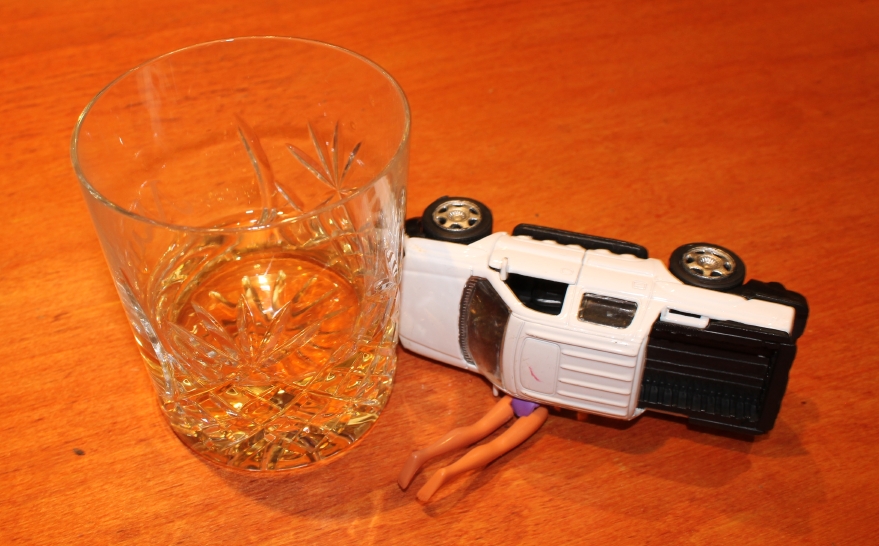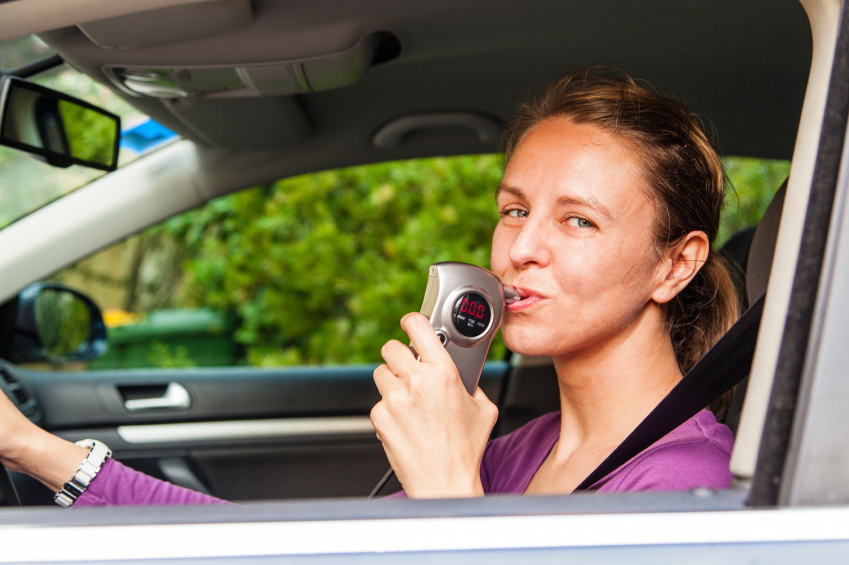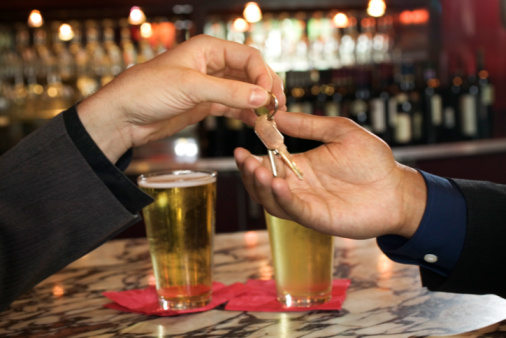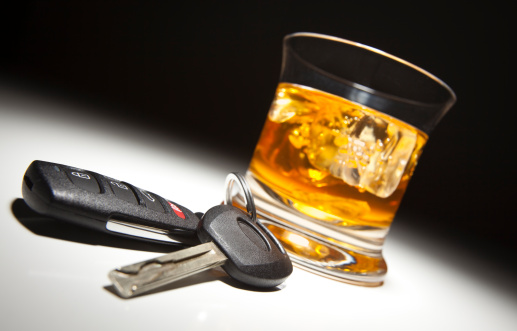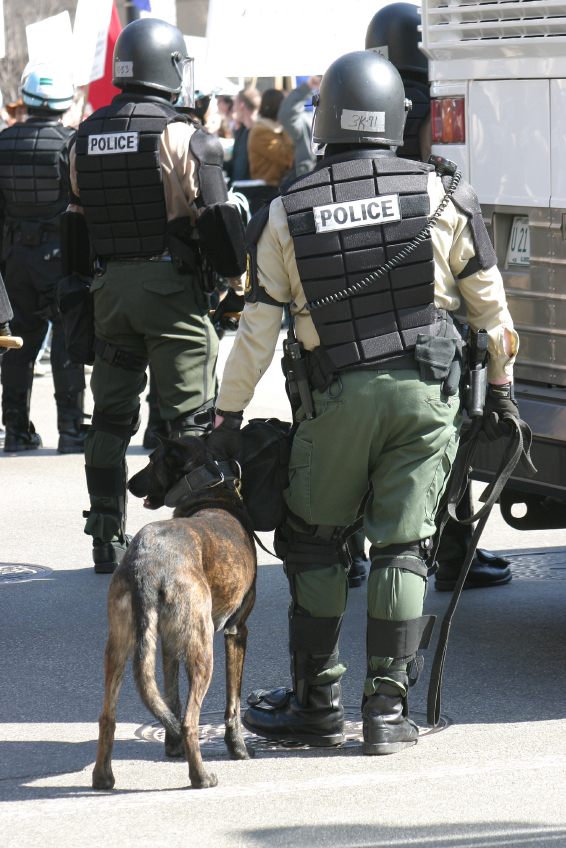
Reasonable Suspicion: What is it and How Does It Affect My DWI Case?
For law enforcement to pull your vehicle over, the law requires them to have reasonable suspicion that you violated the law in some way. When it comes to drinking and driving, the officer must have probable cause to rationalize a field sobriety check.
While North Carolina used to have some of the strictest laws against drunken driving, they have made recent changes that escalate punishment based on the number of offenses.
However, that does not mean these more relaxed legislations will reduce the likelihood an officer will pull you over for a suspected DWI offense. In fact, in 2016 there were over 35,000 DWI or DUI arrests and more than 400 fatalities associated with drunken driving incidents.
5 Things You Must Know About Reasonable Suspicion and a DWI Stop
1. The Officer Must Have Cause to Stop Your Vehicle
For a law enforcement to stop your car, they must have a reasonable suspicion that you are committing a crime. While there has been an argument that a different level of degree should be used for determining probable cause, providing some leeway to law enforcement has been a top priority for legislators; therefore, the variations are allowed.
If the police officer can justify their reasons for stopping you and testing you, that may satisfy the court.
2. If You Cause an Accident, That Could be Used as Reasonable Suspicion
If you are involved in an accident, the accident itself could be enough for an officer to test your BAC. If your BAC is high enough, they could arrest you for a drunken driving offense.
3. You Can Fight Issues of Probable Cause
Just because law enforcement feels they have ample probable cause to stop and test you does not mean they truly do. If you think they have no reasonable suspicion to pull you over, your attorney can argue this fact and court through a motion to suppress. If that motion is granted, your entire case might be dismissed.
4. Reckless or Inappropriate Behavior Leads to Reasonable Suspicion
When you are acting in a particular manner, such as stumbling to your vehicle, veering in and out of lanes, or your demeanor suggests intoxication once the officer stops you, the officer can use that for reasonable suspicion.
Also, after you are pulled over, the officer observes your actions. Any slurred words or actions that might give the appearance of intoxication could be all an officer needs to search, test, or arrest you.
5. Probable Cause is No Excuse for Pretext Stops
If an officer pulls you over for speeding, they cannot use that traffic stop to launch an investigation. Unless he has probable cause to believe you have been drinking, he could not search your vehicle for alcohol.
Your Defense to Reasonable Suspicion Depends on Your Legal Counsel
If your DWI arrest was the result of a stop lacking reasonable suspicion, you might be able to fight your charges in court. However, dismissing evidence requires a thorough knowledge of North Carolina case laws, and gathering evidence to show that the officer did not have sufficient reason to stop you.
A reputable attorney can assist you with probable cause issues and violations of your civil rights. At DeMent Askew, we are here to protect your rights.
Contact our offices now at 919-833-5555 to schedule a no obligation consultation with an attorney, or inquire online.

